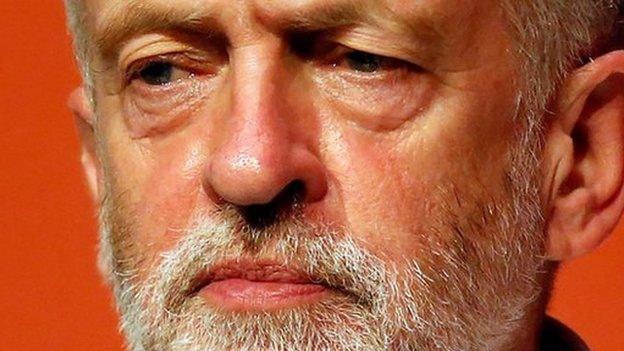Labour leadership election: Voting closes amid concerns
- Published
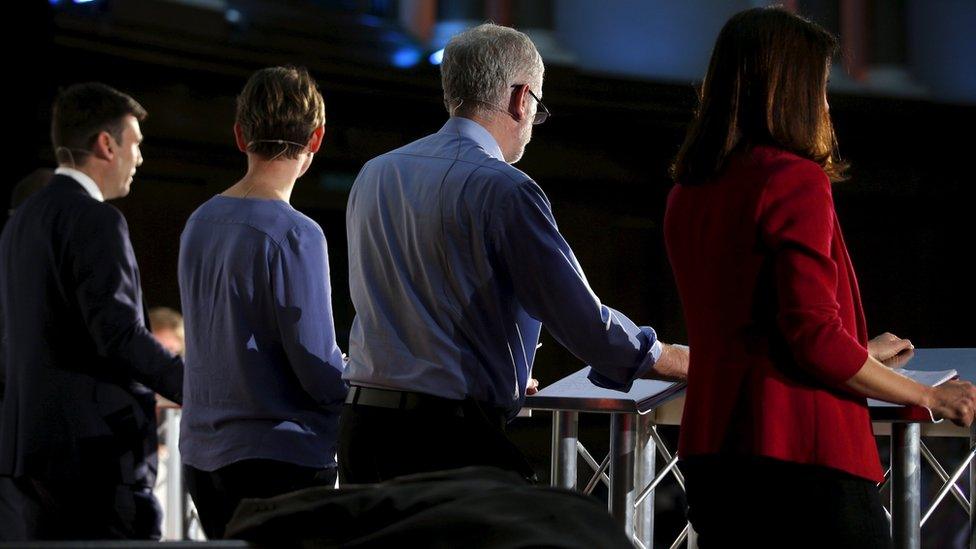
Voting has closed in the race to become the next leader of the Labour Party, amid claims some voters did not receive their ballot papers in time.
The party says ballots were sent out correctly, but London mayor hopeful David Lammy said 20% of supporters his team spoke to had received nothing.
The three-month campaign ended at midday, with the results on Saturday.
Jeremy Corbyn, Andy Burnham, Liz Kendall and Yvette Cooper are competing to become Labour leader.
The deadline has also passed in the elections for Labour's deputy leader and London mayoral candidate.
Labour said ballots had been emailed and posted out correctly to everyone entitled to vote.
The party said everyone who had not voted or said they did not have a ballot had received a final email reminder on Tuesday.
The winner of the Labour Party leadership election will be announced shortly before noon on Saturday
But Mr Lammy, the MP for Tottenham, told BBC Radio 4's The World at One programme there would be a "clamour of people very, very upset" at being denied a vote.
He added: "Whether it's affected the ultimate vote, I do not know."
Guardian journalist John Harris, a Labour member for eight years, told the programme he had not received his email ballot until deadline day after complaining on Twitter he had received nothing.
"Anecdotally, there are enough people on social media saying they have not had a vote," he added.

Analysis by Laura Kuenssberg, BBC political editor
This is it. The last minute phone banks, panics over missing ballots, final pleas from the candidates are done.
The vote is now over and now Labour's wait begins. Before the result though it seems already the party has been changed, possibly forever by these extraordinary last few months.
An unexpected candidate has done the unexpected and Jeremy Corbyn has put himself into the most likely position to win the contest. Strikingly, that is against the better judgement of nearly every single senior figure in the Labour Party, and crucially nearly all of its MPs.

Mr Corbyn only made it onto the ballot paper at the last minute when nominations were finalised in June but has become the bookies' favourite.
On Twitter, external, he said it had been "an inspiring summer" regardless of the outcome of the election.
One of his supporters, Leeds East MP Richard Burgon, said many people would be "pleasantly surprised" at Mr Corbyn's leadership style if he won.
"It will be a more collegiate and a more collectivist leadership which will include people," he said.
"It will include MPs who don't agree with some of Jeremy's politics."
One of the MPs who helped him onto the ballot, Jon Cruddas, said he was concerned about the prospect of him winning.
Mr Cruddas, who wrote Labour's last election manifesto, told BBC Radio 4's Today programme: "I am worried that [Labour] might turn into quite an early 80s tribute act, a Trotskyist tribute act which has the culture around it which is very hostile to anyone who disagrees and it could just collapse in front of the electorate."
Angela Eagle, who is running for the deputy Labour leadership, told the BBC she would serve whichever leader is elected, adding that the party needed to capitalise on the "enthusiasm for politics" and "hope" the contest had generated.
The contest has been plagued by internal rows over Labour's direction and concerns that non-party supporters have tried to influence the outcome.
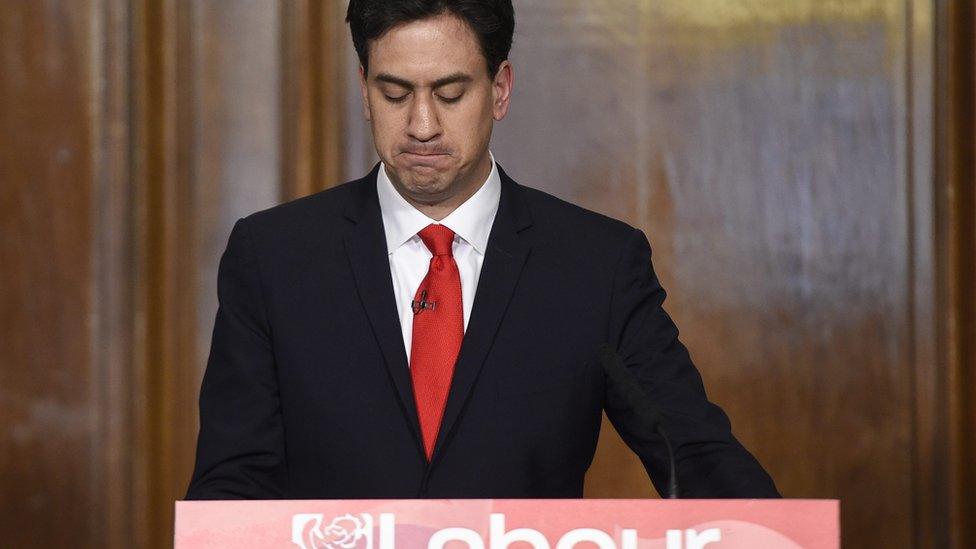
Ed Miliband resigned the day after May's general election
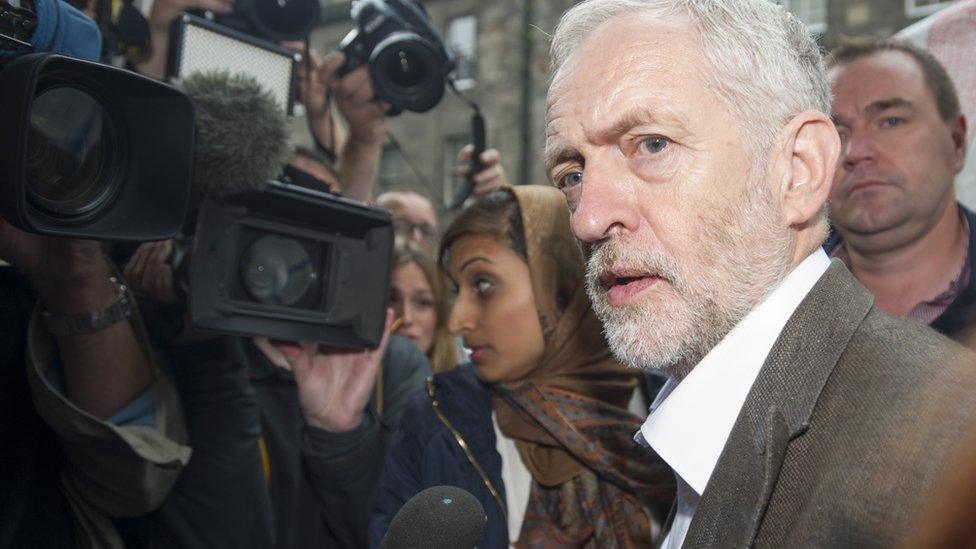
Jeremy Corbyn needed borrowed support from MPs to make it onto the ballot paper
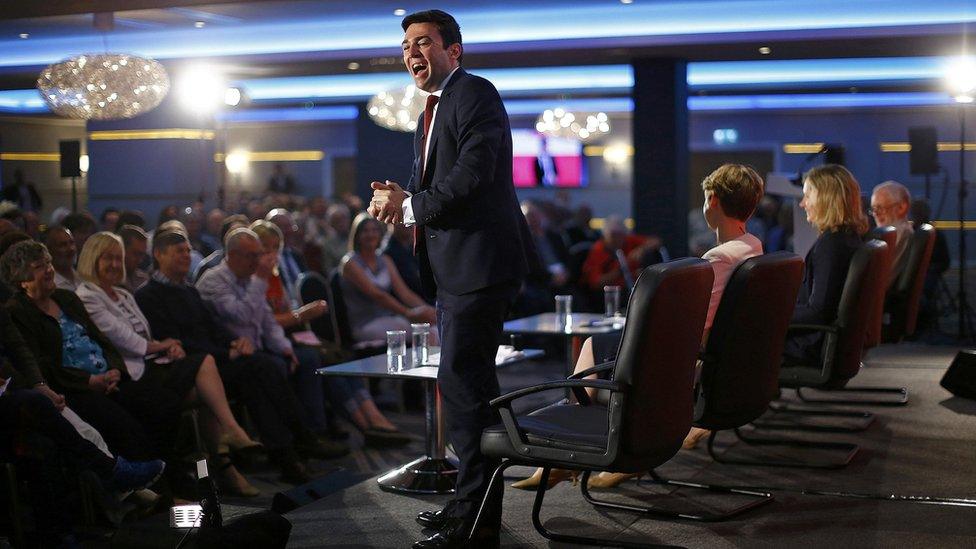
The four candidates have been clashing in hustings debates since June
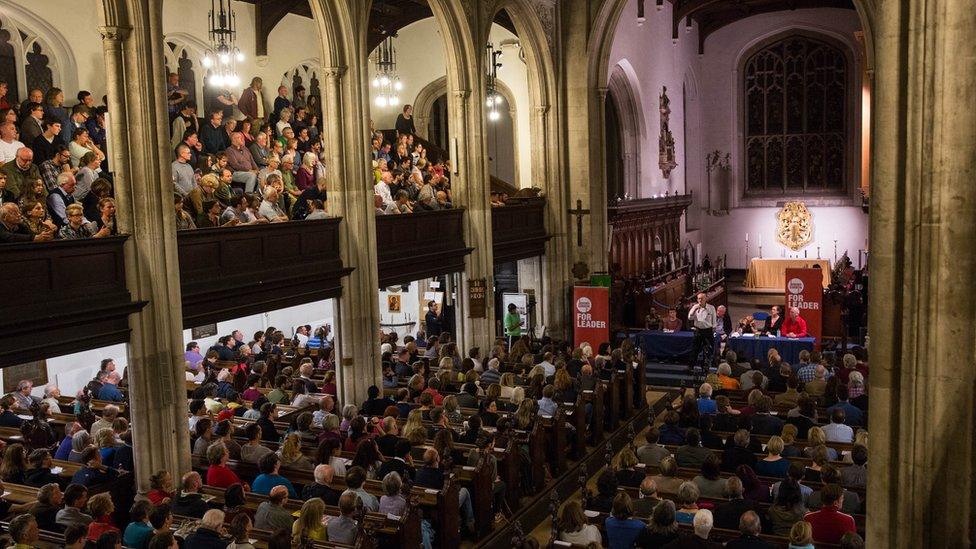
There has been a surge in support for Jeremy Corbyn, who was initially seen as an outsider
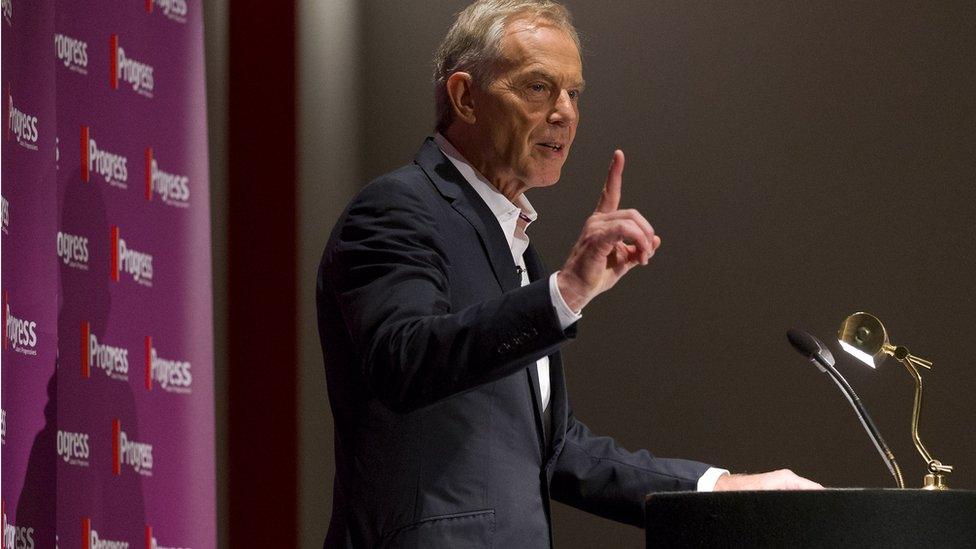
Tony Blair was among the senior figures warning against a Corbyn victory
Labour has said efforts to weed out non-party supporters would continue up until results day.
In the closing speech of her campaign, Ms Kendall - who has stressed the need for Labour to appeal to a broader section of the electorate - said she may have been "too blunt" at times.
She added: "But my view is that in politics, as in life, you cannot deal with problems by ignoring or avoiding them."

Labour leadership contest
Candidates: Andy Burnham, Yvette Cooper, Jeremy Corbyn, Liz Kendall
Voting deadline was midday on Thursday, 10 September
When will the winner be announced? At a special conference on Saturday 12 September
Conference timings: It begins at 11:00 BST, with the result of Labour's deputy leadership election announced first. At 11:30, the winner of the leadership contest will be unveiled; they will then make a short acceptance speech. In both cases, round-by-round details of voting will be made available to show how each winner emerged
How does the voting system work? Voters rank candidates in order of preference. If no candidate wins more than 50% of the votes in the first round, the person in last place drops out and their supporters' second preference votes are reallocated to the other candidates. This process continues until the candidate with the most accumulated votes wins
2016 London Mayoral elections: On Friday, 11 September, Labour will announce who has won the contest to be its candidate for next London mayoral election

Labour's new deputy leader will also be unveiled at the leadership conference on Saturday, and its London mayoral candidate will be announced on Friday.
This is the first time the party has run a leadership contest under new "one member one vote" rules implemented in 2014.
Previously, Labour's electoral college system gave equal weight to MPs, party members and trade unionists.
- Published10 September 2015
- Published9 September 2015
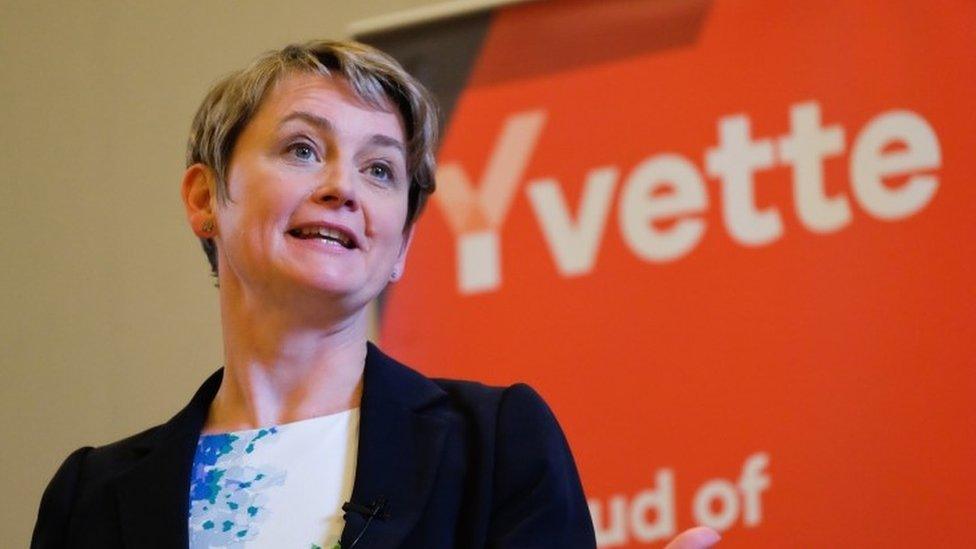
- Published12 September 2015
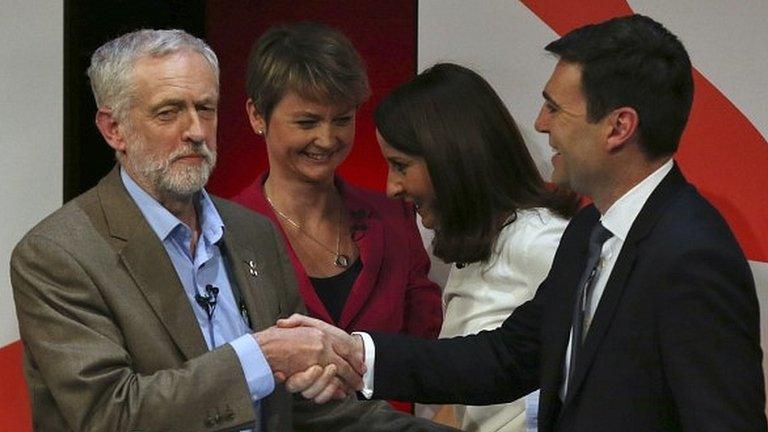
- Published9 September 2015
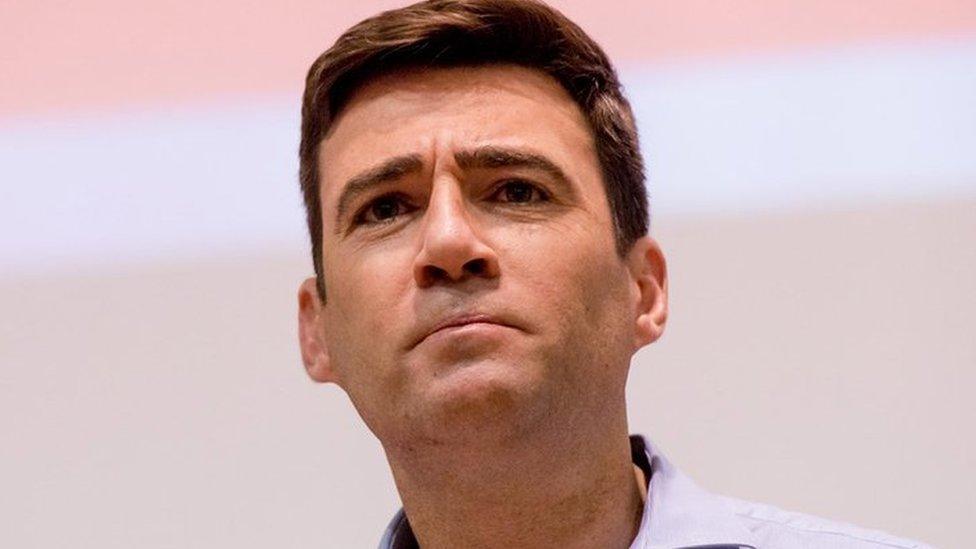
- Published12 August 2015
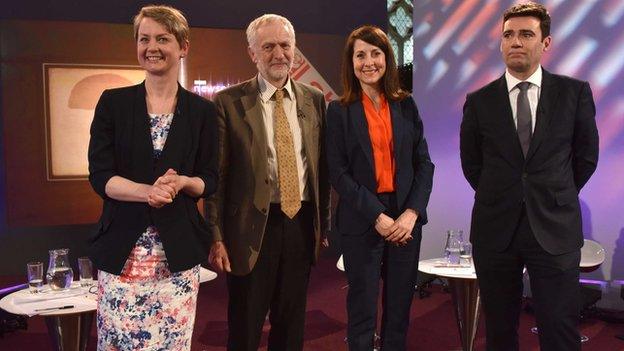
- Published19 August 2015
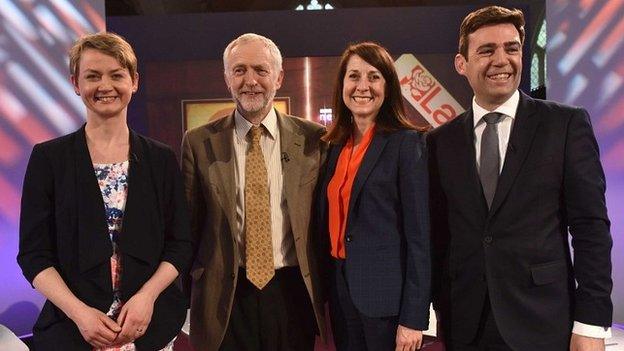
- Published21 August 2015
